At age 64, Wilder received unexpected news from a New York editor: She was on her way to becoming a children’s author. The manuscript she had mailed had eventually turned into “Little House in the Big Woods.” Wilder said that upon the book’s success and reading all the letters she received from children around the country she began to think “what a wonderful childhood I had had.”
Video Features
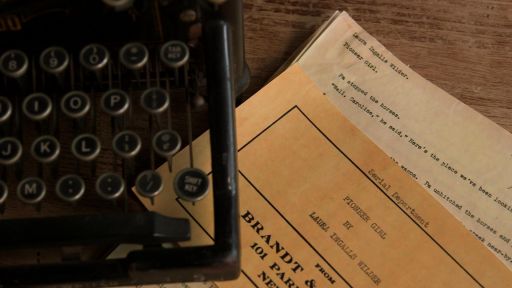
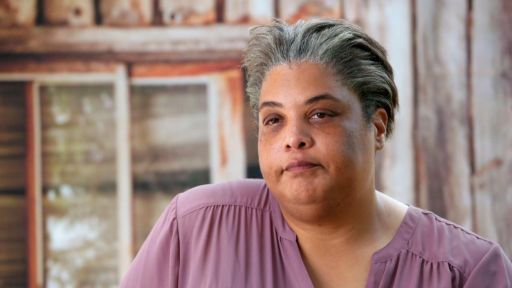
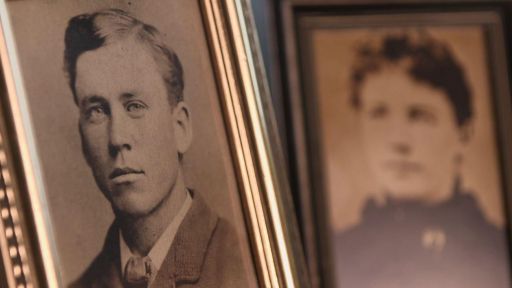
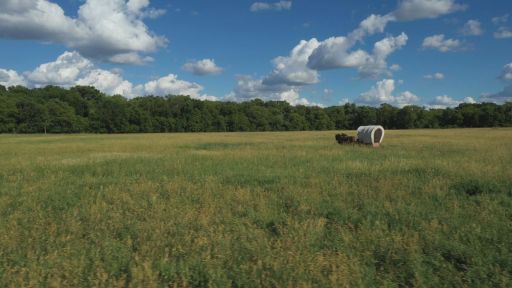
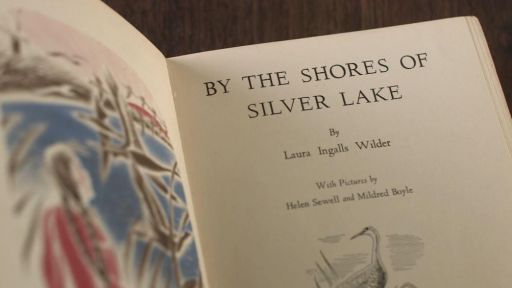
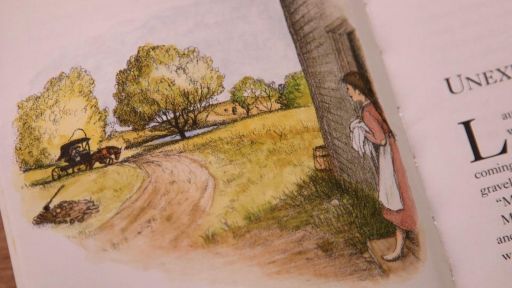
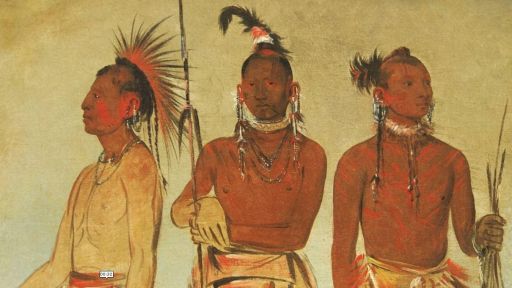
Written Features
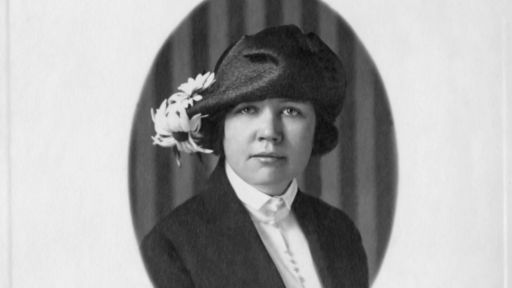

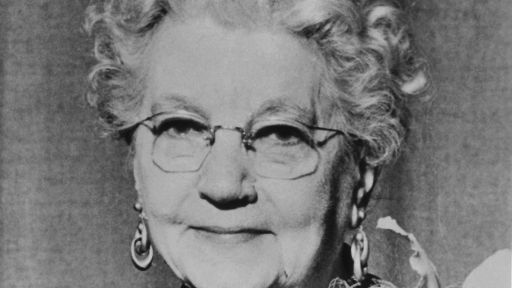
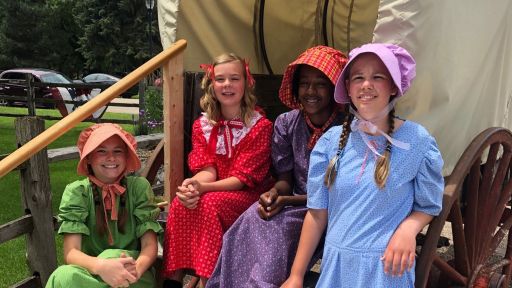
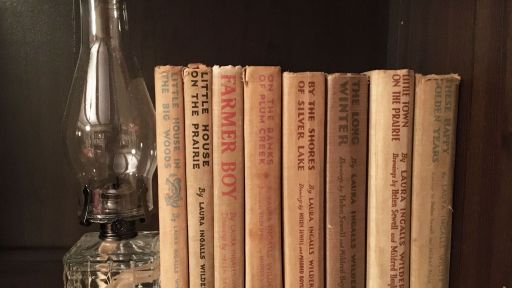
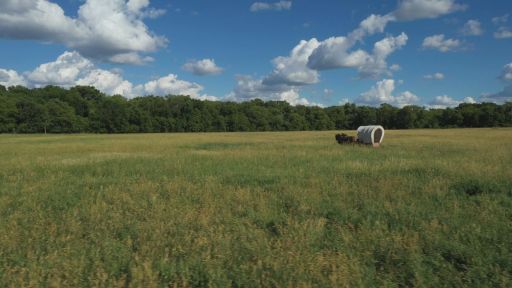
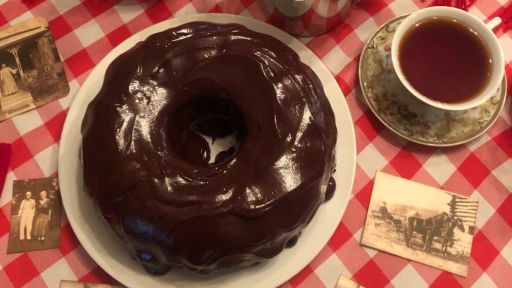
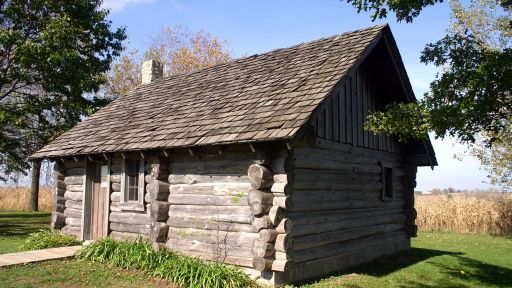
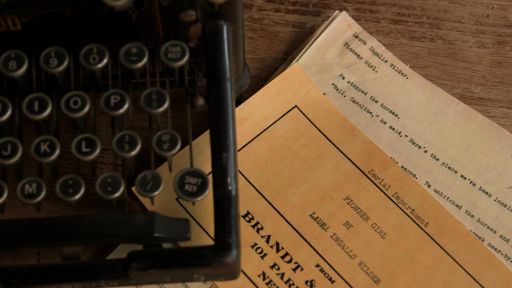
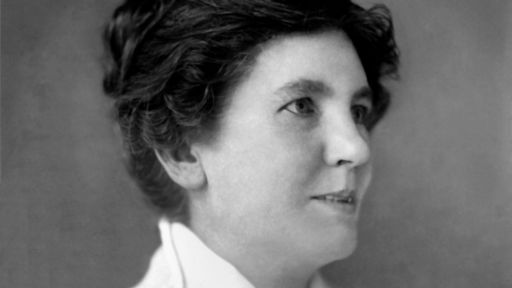

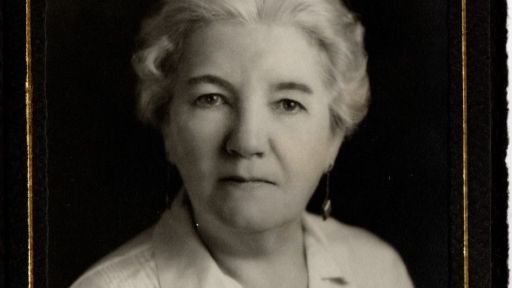

Quizzes & Games
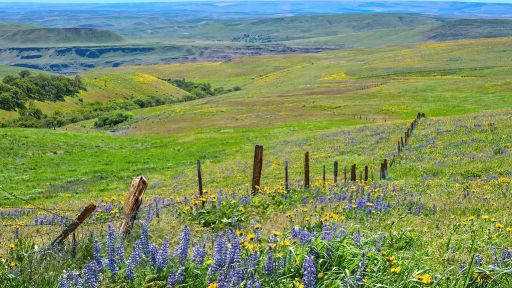
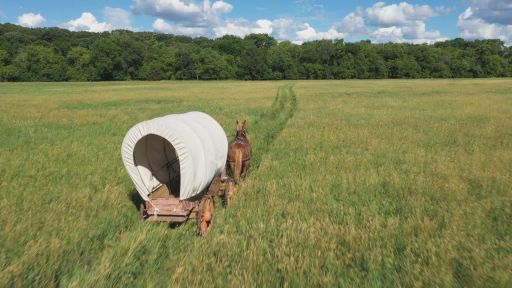

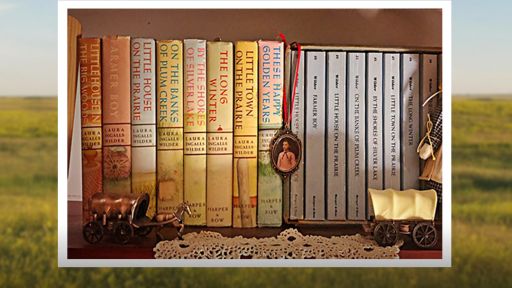
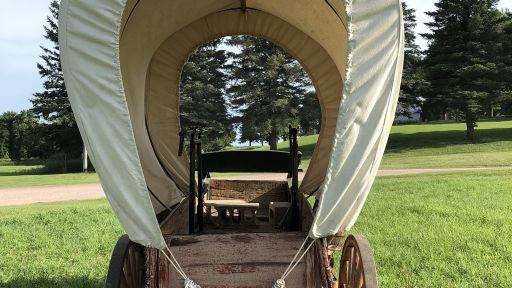
(gentle music) - [Female Narrator] Mrs. Laura I. Wilder, Rocky Ridge, Mansfield, Missouri.
Dear Mrs. Wilder, I liked the material you've used.
It covers a period in American history about which very little has been written and almost nothing for boys and girls.
- [Male Narrator] The news from a New York editor was unexpected, and at 64, Laura Ingalls Wilder was on her way to becoming a children's author.
The manuscript 'When Grandma was a Little Girl,' was spun out of a memoir Wilder had written called 'Pioneer Girl'. It showed promise, but it needed more work.
- [Female Narrator] Would you be willing to make some editorial changes on your manuscript?
The more details you can include about the everyday life of the pioneers, such as the making of the bullets, what they eat and wear, et cetera, the more vivid an appeal it will make to children's imaginations.
- [Male Narrator] 'When Grandma was a Little Girl' turned into 'Little House in the Big Woods' and that turned into something else entirely.
- When to my surprise the book made such a success and children all over the U.S. wrote to me begging for more stories, I began to think what a wonderful childhood I had had.
(gentle music) (children giggling) - [Narrator] So began the 'Little House' series.
Wilder's eight books about growing up and moving West.
Running through them all, she later said, were her parent's values.
When possible, they turned the bad into good.
When not possible, they endured.
Sister Mary and I love Pa's stories best.
We never forgot them and I have always thought that they were just too good to be altogether lost.
